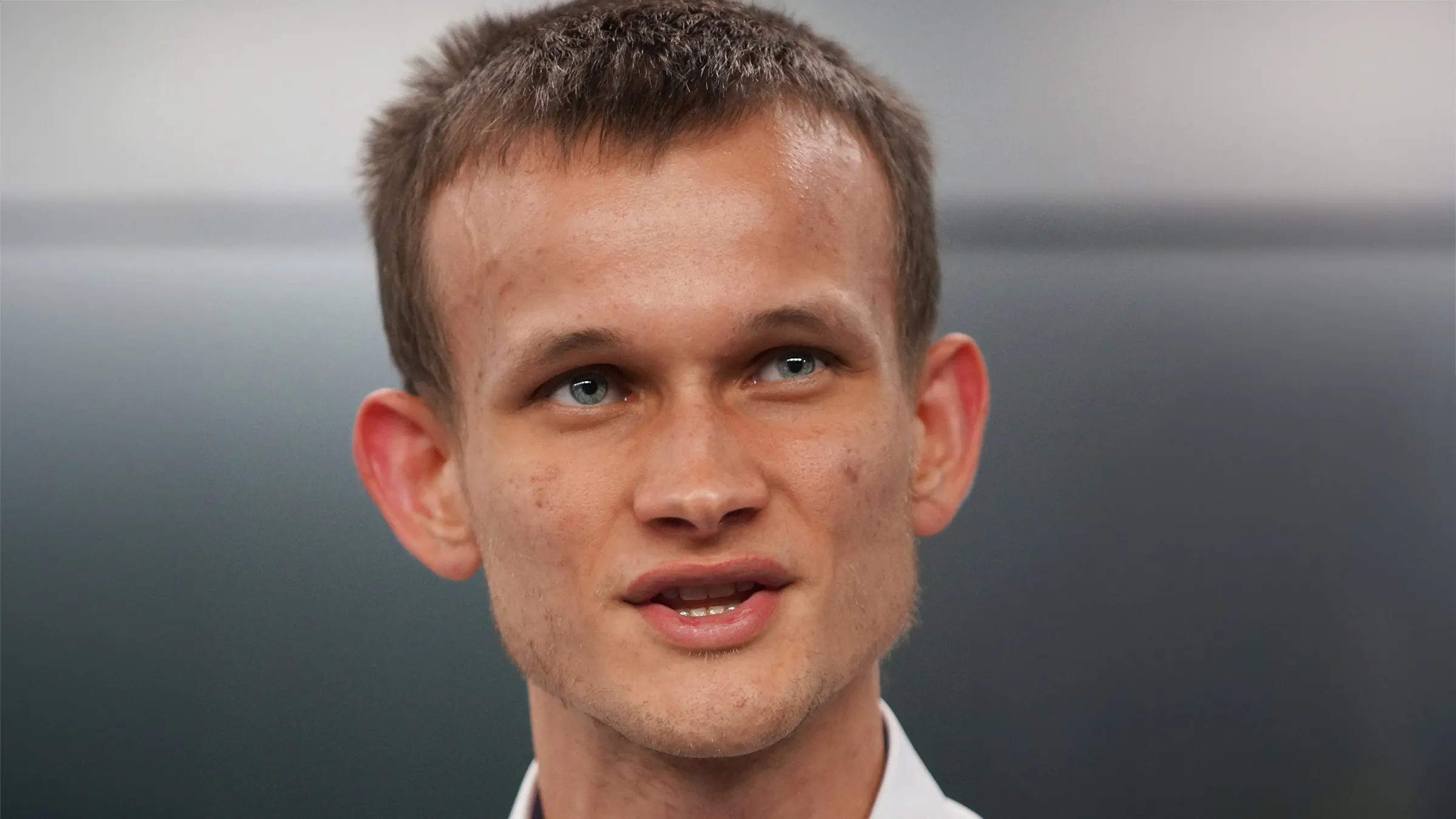The creator of Ethereum has revisited the “Bitcoin block size war,” rethinking his alliance with the “big block” camp in the late 2010s and now conceding that the “small block” contingent prevailed for good reason.
Reflecting on two Bitcoin history books told from opposite sides of the debate, Vitalik Buterin published a lengthy blog post on Friday over how Bitcoin should scale, upgrade, and be governed.
Buterin said advocates of larger block sizes wanted hard-fork upgrades that would increase Bitcoin’s transaction throughput. In retrospect, however, he believes big blockers lacked the competence to execute their vision properly, which largely contributed to their failure to change Bitcoin.
“Small blockers committed far fewer embarrassing technical faux pas, and had fewer positions that led to absurd outcomes if you tried to take them to their logical conclusion,” wrote Vitalik.
In general, small blockers wanted to keep the Bitcoin blockchain lightweight in terms of storage requirements for regular users, and also prevent normalizing changes to Bitcoin by large, centralized special interest groups.
By contrast, large blockers, wanted to keep it affordable for small users to transact on-chain without relying on centralized layer 2 systems produced by Bitcoin development company Blockstream.
Vitalik cited Jonathan Bier's "The Blocksize War," which provided a small-blocker view on the conflict, and Roger Ver’s more recently published "Hijacking Bitcoin," which came from the large-blocker perspective.
Referencing Bier, Vitalik said the various implementations of Bitcoin put forth by large blockers were lacking.
“Bitcoin Classic was not well-written code, Bitcoin Unlimited was needlessly overly complicated,” he said.
“One of the worst was that big blockers were never willing to agree on any realistic limiting principle for how big blocks should go,” he added. Furthermore, the alliance of many big blockers with now-discredited Craig Wright also greatly damaged their reputation.
Vitalik said that big blockers suffered from what he termed the “one-sided competence trap,” in which all of the smart and competent people congregate behind an opposing movement. Ultimately, he believes the camp prioritized “opposing” over “building” and struggled even to unify its efforts behind one chain.
As of today, the small blockers have won. However, many developers believe Bitcoin currently faces a similar existential crisis.
Bitcoin Core developer Matt Corralo recently argued that Bitcoin’s future as a peer-to-peer currency appears “bleak” since there still aren’t effective solutions to scaling transactions without relying on intermediaries. This has reignited debates around soft fork proposals and how and when to change Bitcoin’s code—as well as what Bitcoin’s final goal should really be.
According to Vitalik, the best way to diffuse political tensions around such issues is not through “compromise,” but through “new technology” that satisfies all sides of the debate. ZK-SNARKs, for example, are a privacy and scaling solution that he was disappointed to see mentioned “exactly zero times in both books.”
“The development of Inscriptions and later BitVM have created new possibilities for layer 2s, improving on what can be done with Lightning,” he added.
Many project teams are now working on technology to verify zkSNARKs on Bitcoin based on Robin Linus’s BitVM framework, as Buterin suggests. This could allow for the first decentralized Bitcoin “rollups”—scaling systems for processing many transactions in fast off-chain environments before batching them together on-chain in one ultra-efficient transaction.
One such project is BitcoinOS – a developing rollup platform whose developers say will be able to scale Bitcoin transactions 10X while remaining decentralized enough to “defeat state-level attackers.”
The platform will also require no consensus changes to Bitcoin Core in order to function.
“Vitalik is correct—with ZK, everything can be built on Bitcoin and much of the blocksize debate becomes irrelevant,” said Edan Yago, a contributor to BitcoinOS, in a message to Decrypt. “In fact, if ZK was available at the time, Vitalik would undoubtedly have built Ethereum on Bitcoin.”
“For this reason, the next Vitalik will emerge from the Bitcoin rollup ecosystem,” Yago predicted.
Daily Debrief Newsletter
Start every day with the top news stories right now, plus original features, a podcast, videos and more.

